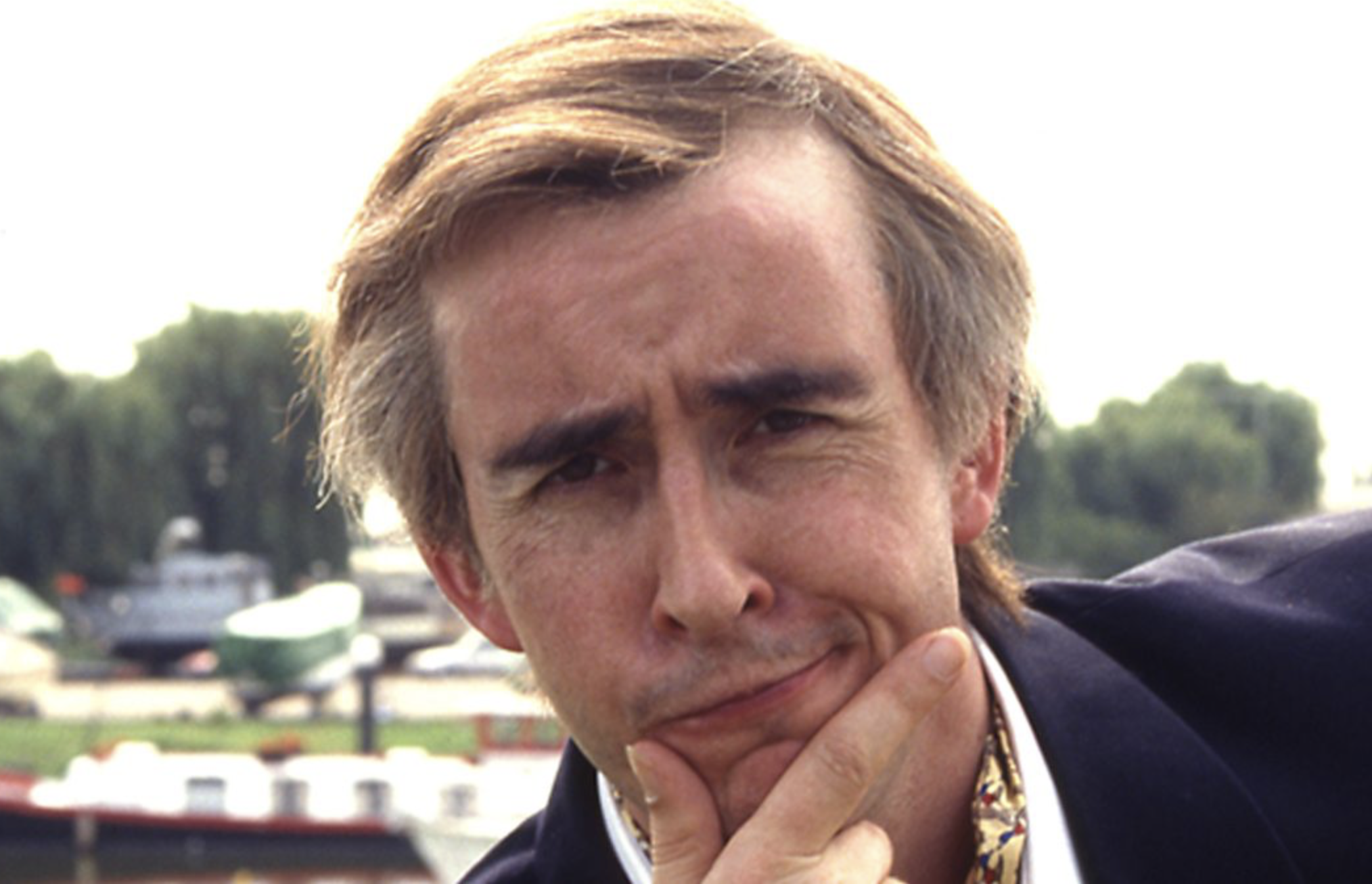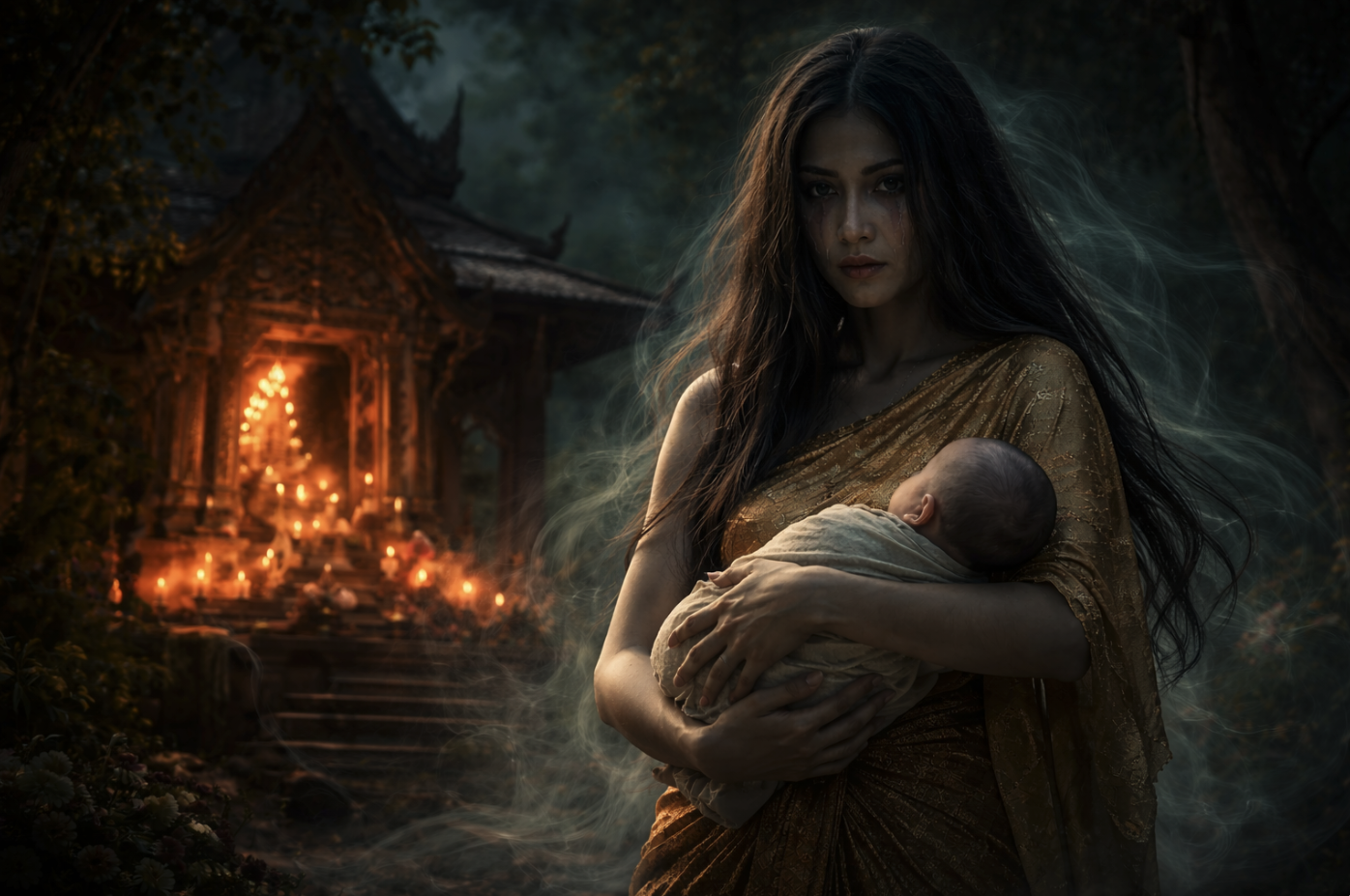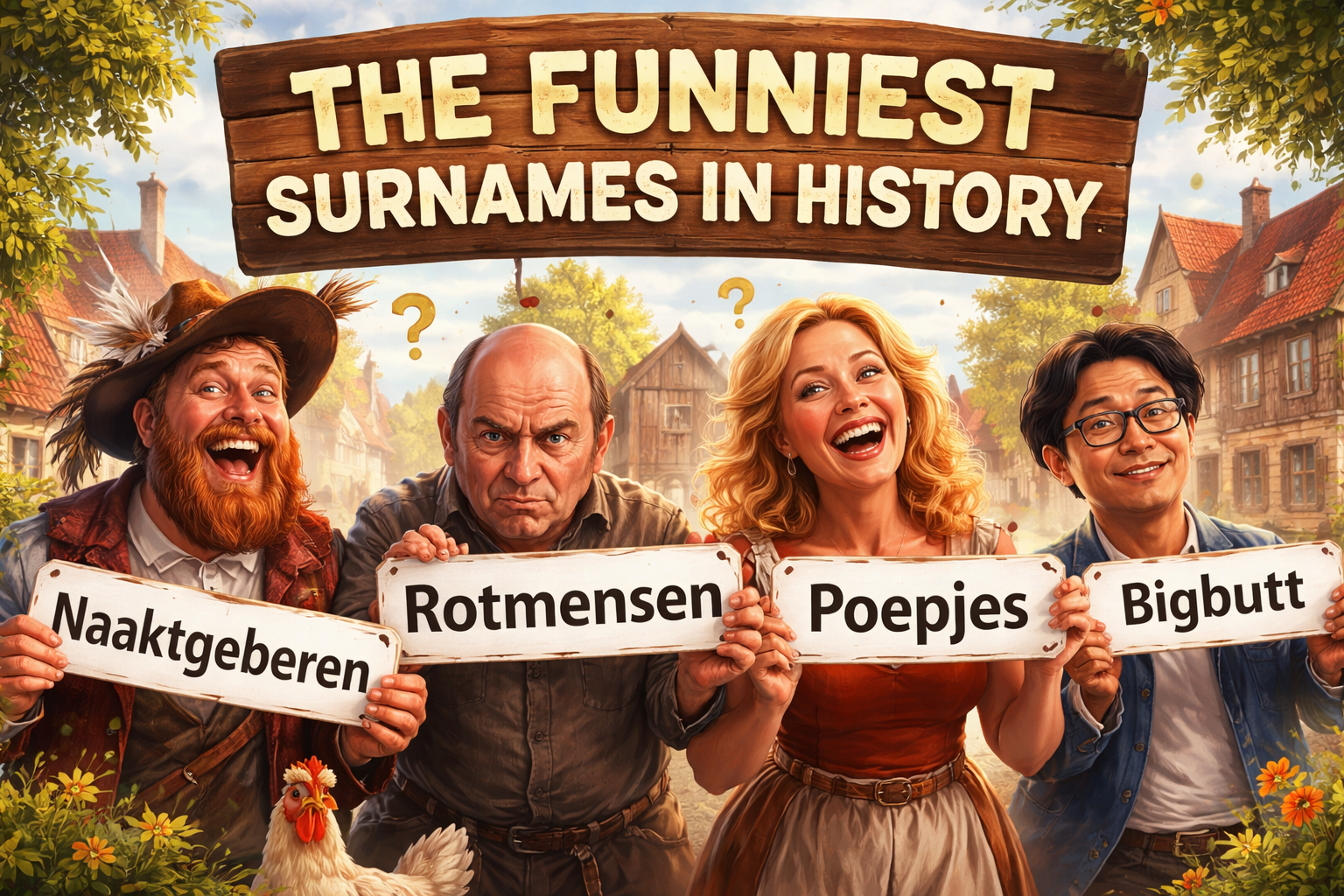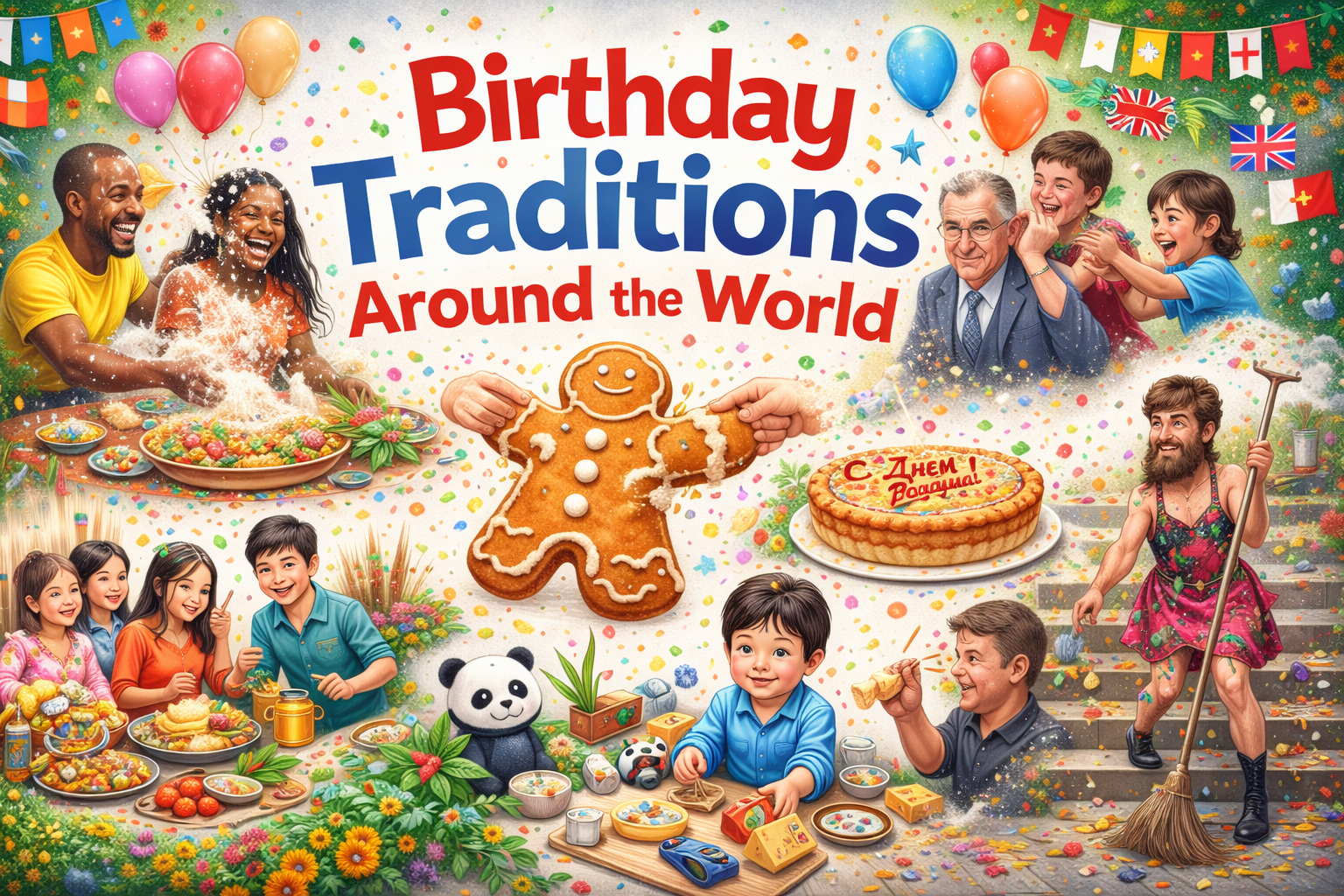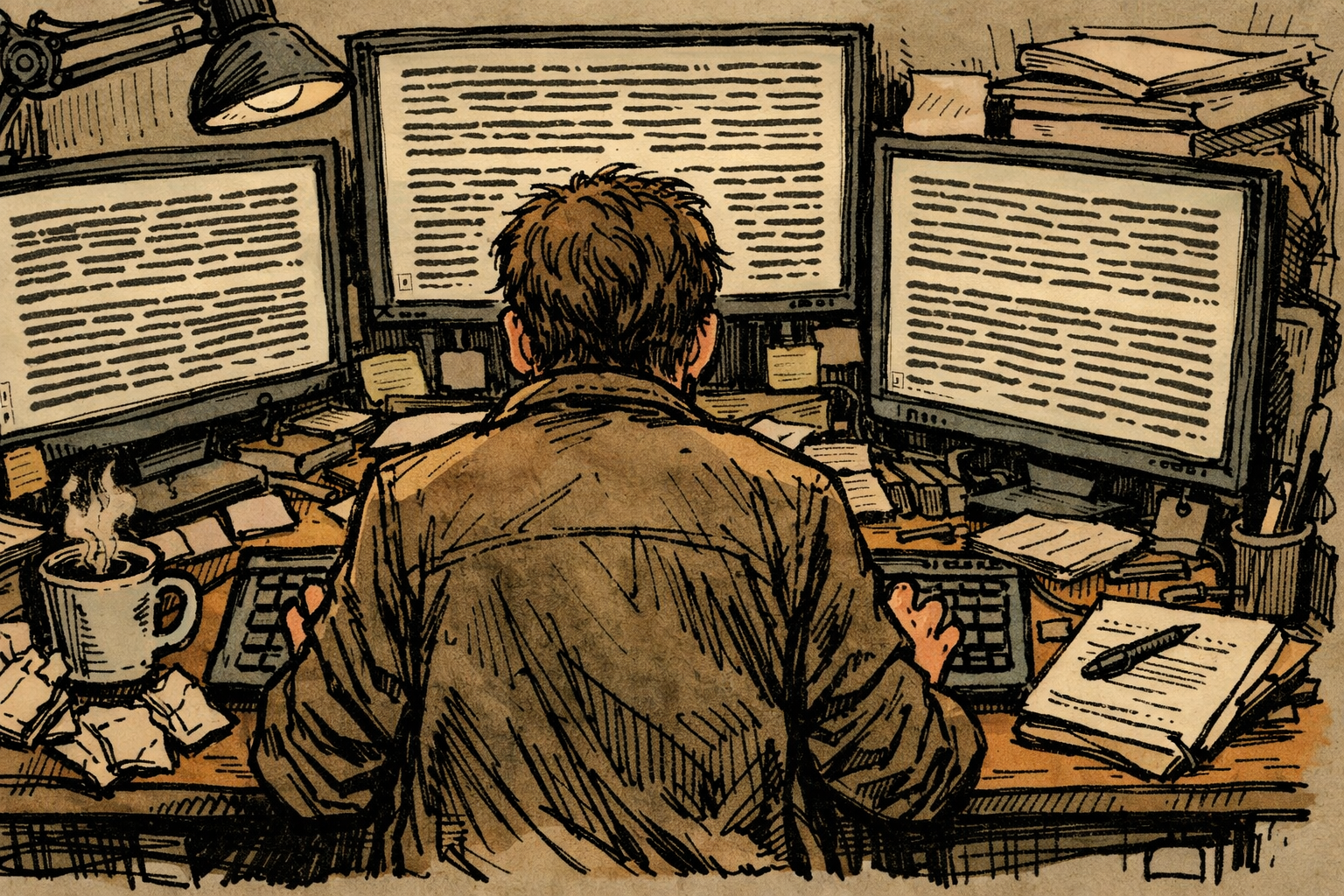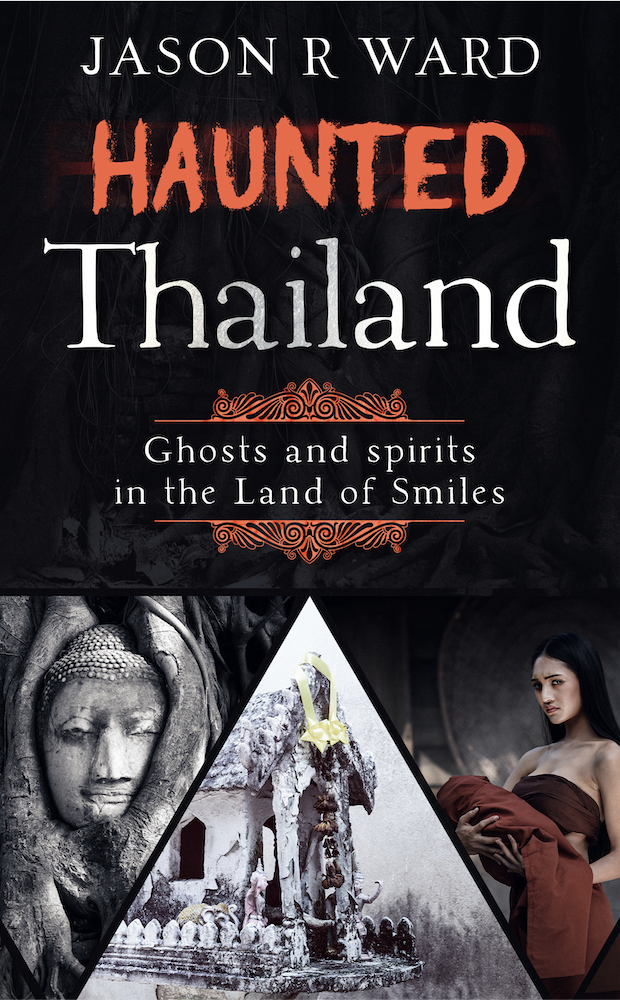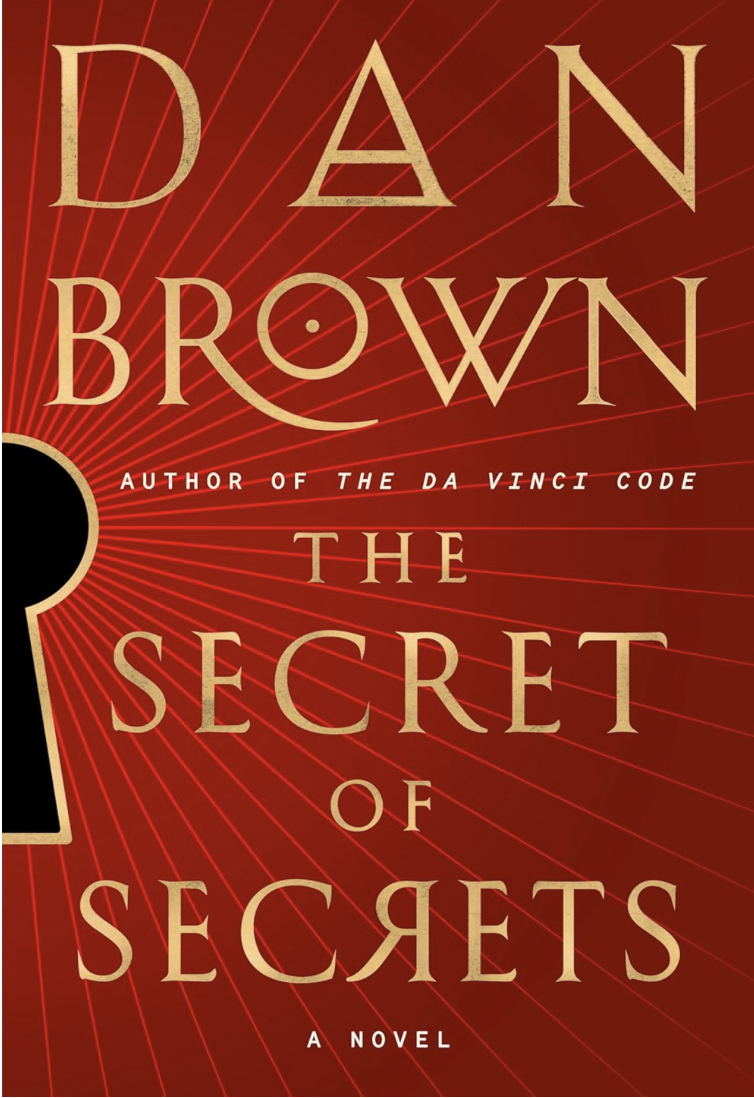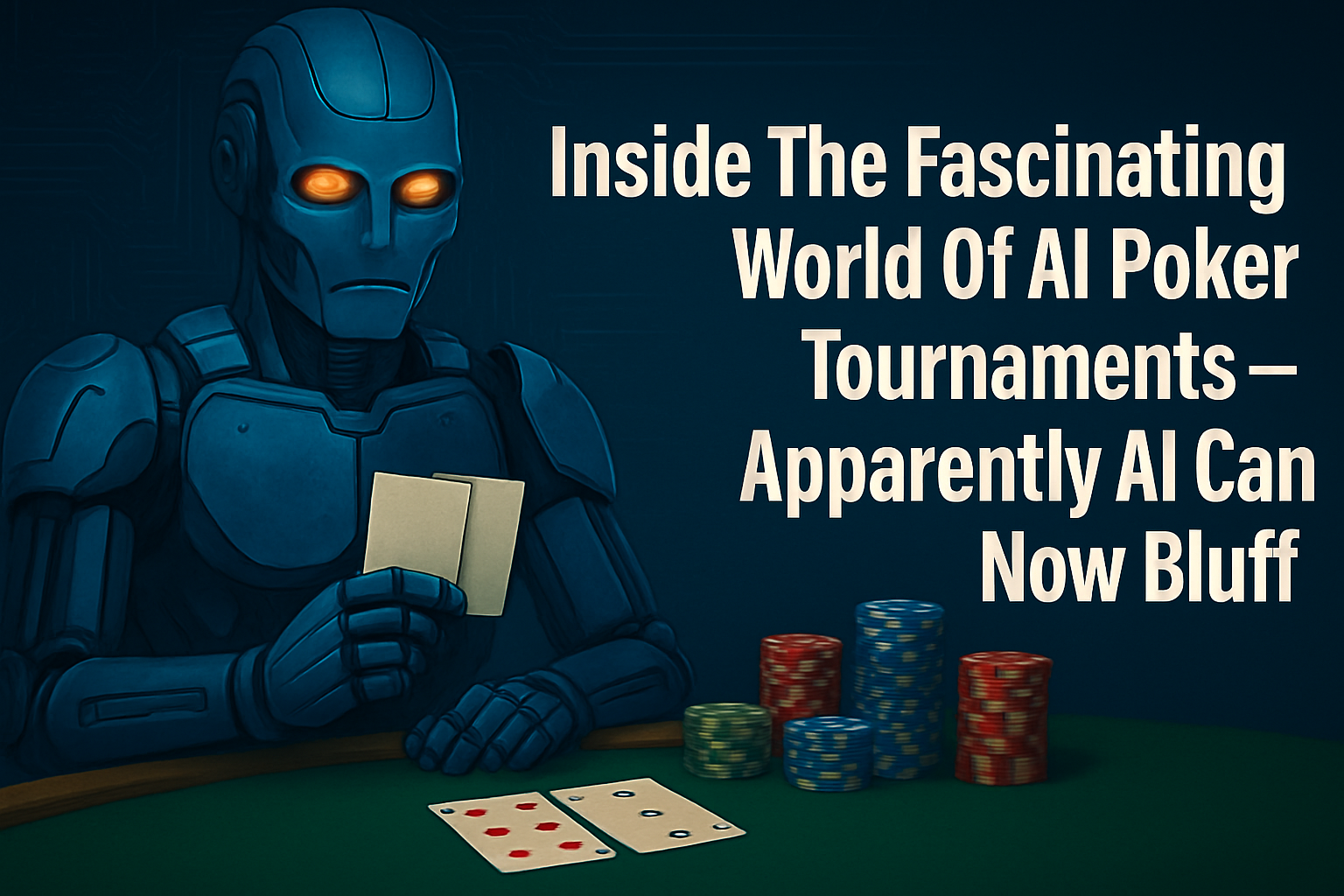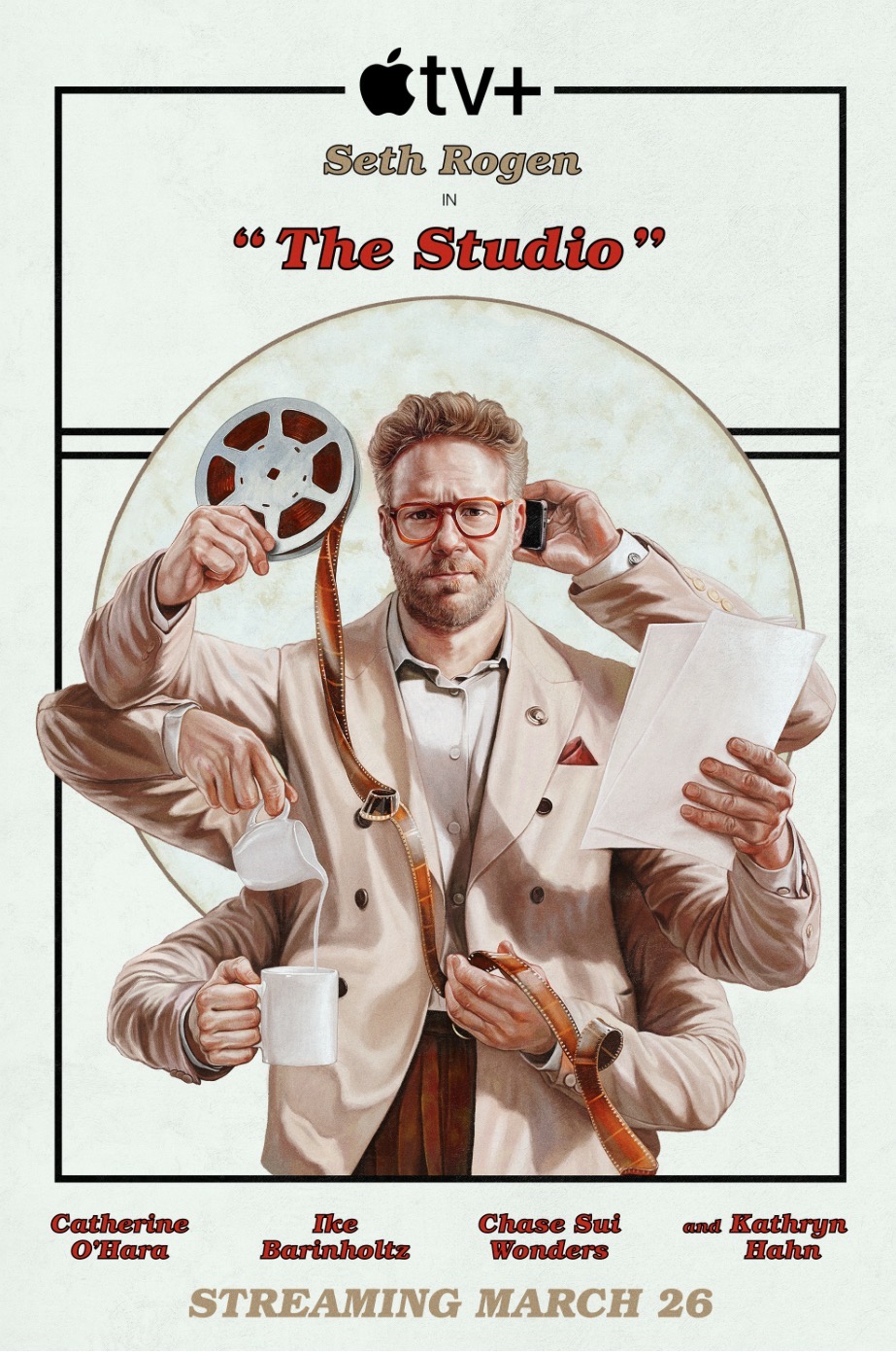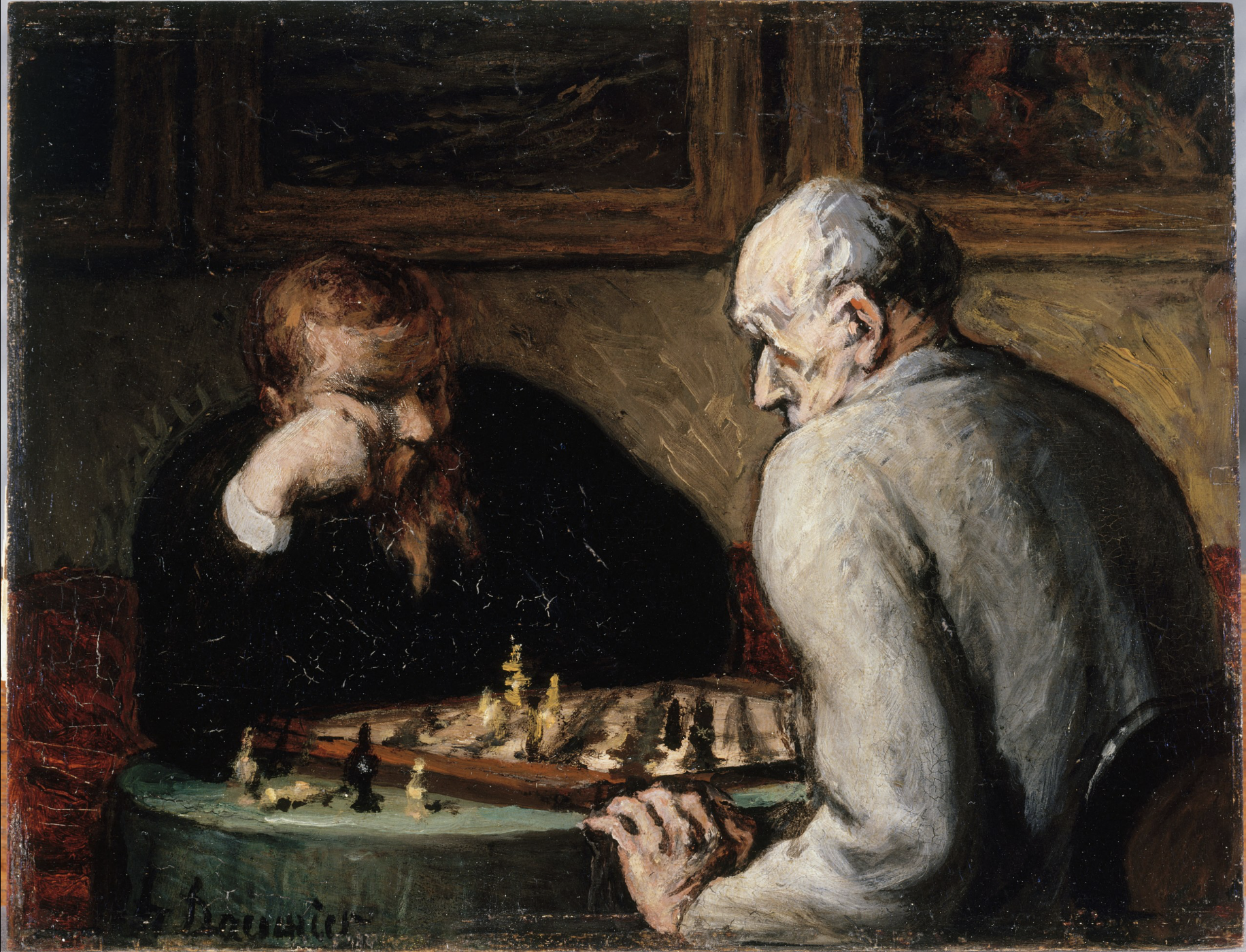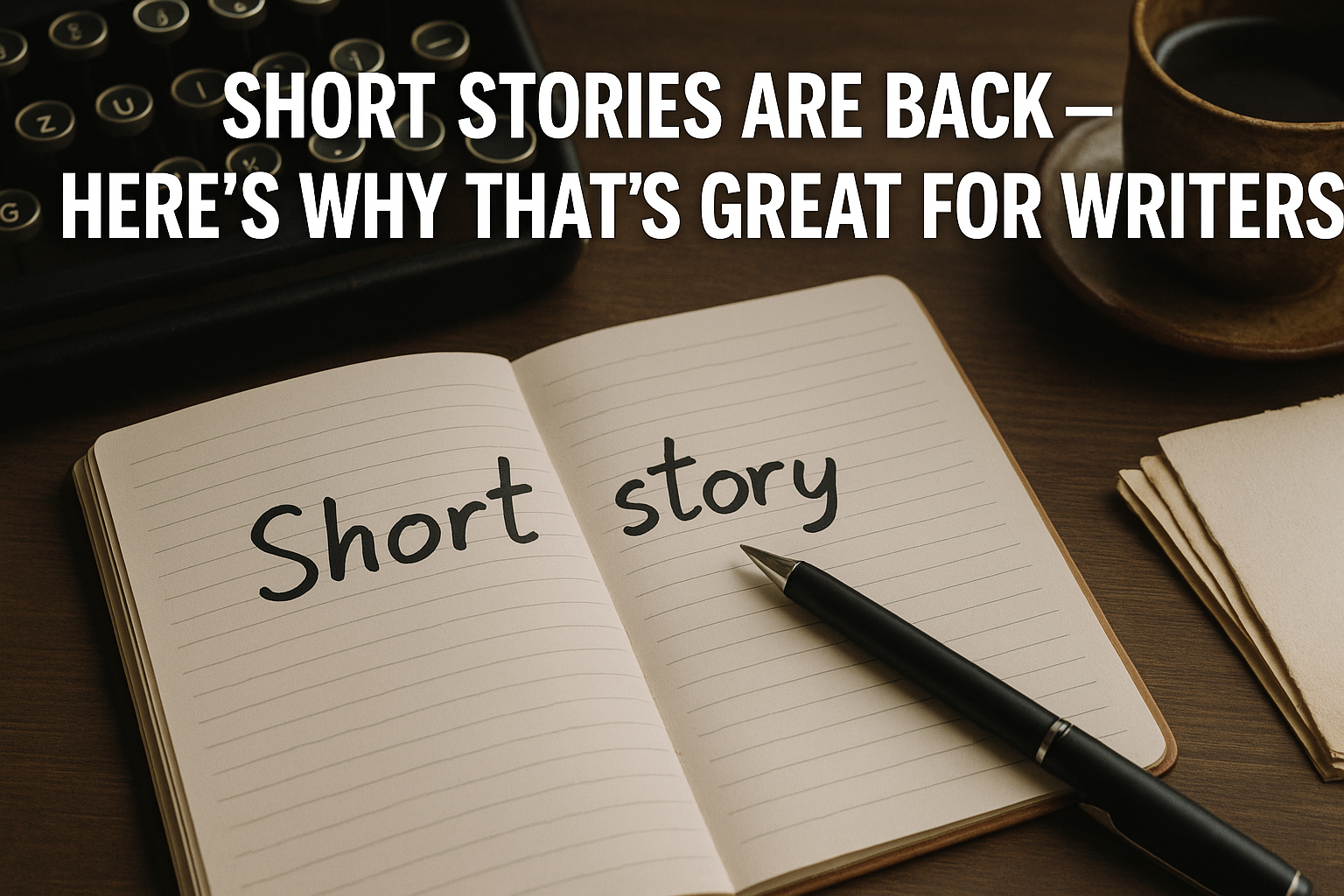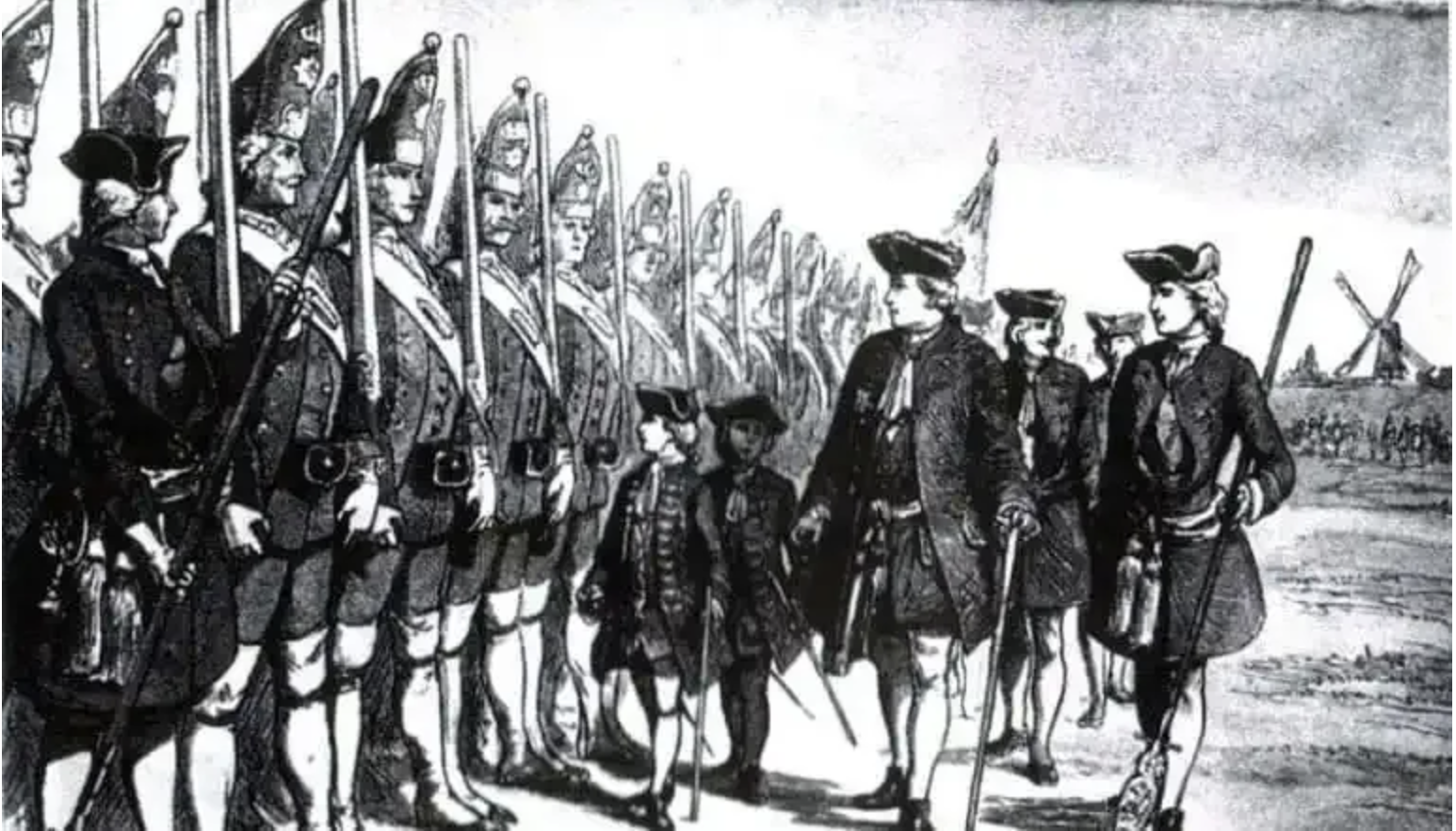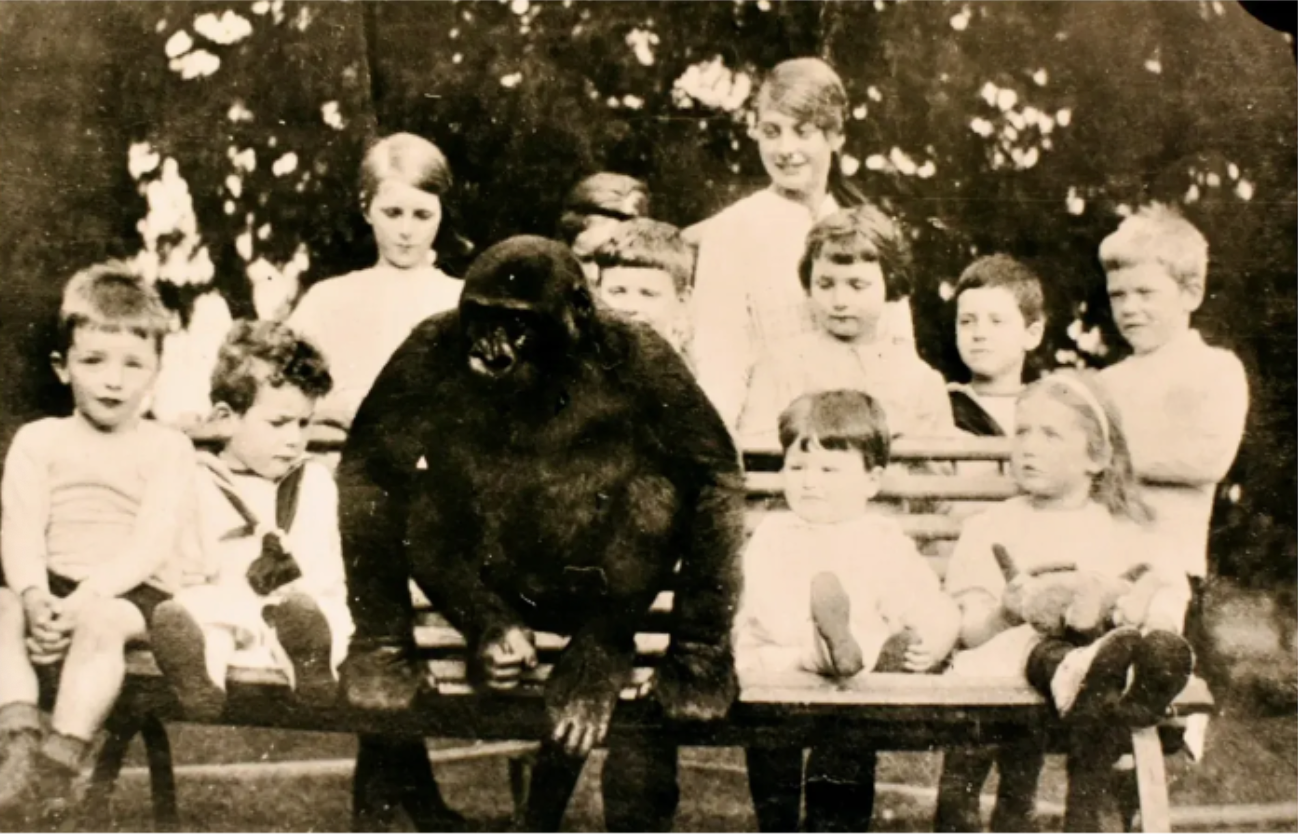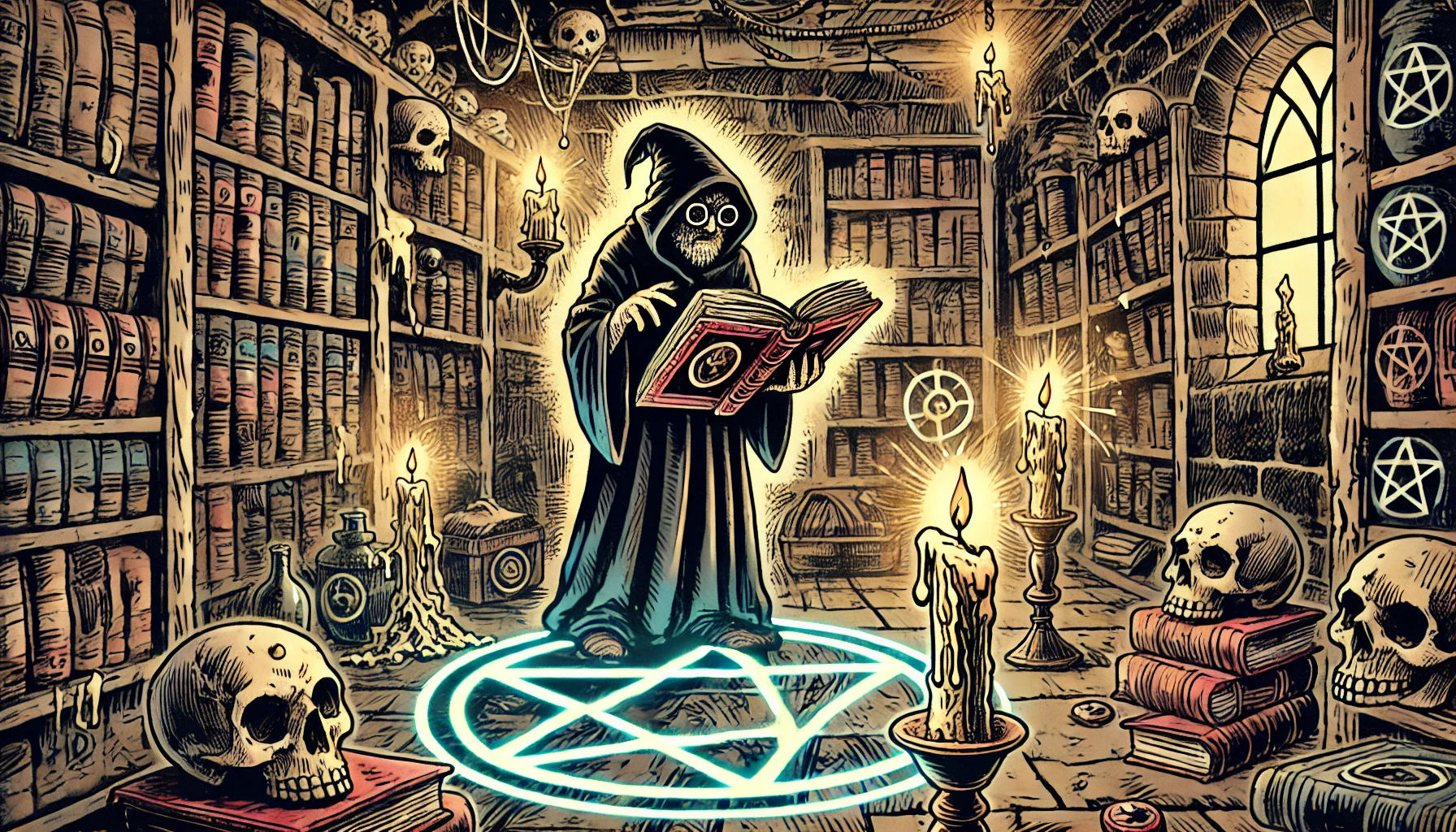The Occult – Rankin, Lovecraft, And Marenghi Are Warping My Mind
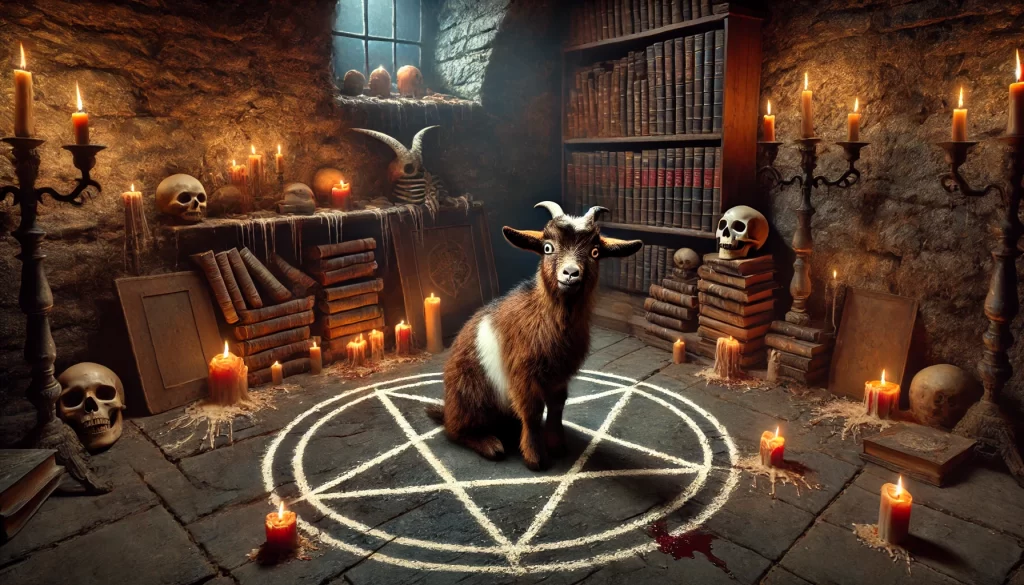
I’ve always been weirdly interested in the occult. I blame rock music. (Just kidding – rock rules and hail the darkness!) I recently realised that the last three books I read are all occult-based and think it is a sign. I don’t know what it is a sign of, but in case it’s the need to share, I thought I would talk about it.
This isn’t serious occult stuff – it is mostly fun and casual. Two of the writers are actually comedy writers who are clearly also fascinated by the occult but probably have sold their souls or anything. You can skip to the authors at the bottom.
A quick look at the occult, its history, and what is popular now
Occult and magic have been practised in various forms across cultures for millennia. In the more remote regions of the world, rituals and practices are pretty much the same as they have always been, but in other regions, spooky magic stuff has changed. Its development can be broadly categorised into several periods:
Ancient Occult Practices
Since humans stopped wandering around, formed civilisations, and had some downtime to write, there is evidence of the occult and magic being popular. When we were hunting and gathering, there is still some archaeological proof that we believed in all sorts of stuff and performed rituals but things really seemed to have kicked off once we could write and draw cool-looking symbols.
Egypt: Ancient Egyptians practised forms of magic and divination, often linked to their complex religious beliefs. The awesomely named Book of the Dead includes magical spells to aid the deceased in the afterlife.
Greece and Rome: Greek philosophers like Pythagoras and Plato explored esoteric ideas about the soul, the cosmos, and the divine. Hermeticism, based on texts attributed to Hermes Trismegistus, influenced later occult traditions.
Middle East: The Jewish mystical tradition of Kabbalah emerged, focusing on the hidden meanings of the Torah and the nature of God.
Medieval and Renaissance Periods
The Middle Ages saw a mix of superstition and learned occultism. Alchemy, astrology, and ceremonial magic flourished, often blending with Christian theology. Plus, myths about figures like King Arthur and Merlin were linked to older faiths and were full of magic and symbolism. It was oddly a period that saw witches being burned in some locations, so it was a time of contradiction.
The Renaissance reignited interest in classical texts, leading to a surge in Hermeticism and Neoplatonism. Figures like Cornelius Agrippa and John Dee became prominent occultists of the era.
19th and Early 20th Century Revival
During the Victorian and Edwardian eras, interest in the occult surged due to the rise of spiritualism and Theosophy. They were really into this stuff. Famous figures included:
- Helena Blavatsky – aka Madame Blavatsky – the founder of Theosophy, a spiritual movement blending Eastern and Western mystical ideas.
- Aleister Crowley: Known as “The Great Beast,” Crowley founded Thelema, a spiritual philosophy emphasizing individual will and ritual magic.
- Madame LaVaughn: Prominent in spiritualism, communicating with the dead through séances.
The occult has moved to TikTok and Instagram
Back in the distant days of 2012, I wrote about how you can buy magic on eBay. In that, I noted that eBay was going to be stopping the practice, but I looked just now, and it is as popular as ever. Here is the page for Magic Spells. But there are lots of occult practices going on all the time – astrologers still inexplicably exist and tarot card reading remains popular.
Platforms like TikTok and Instagram are now full of spirituality stuff, and things like “witchcraft” and “manifestation” are frequently trending.
I am not mocking any of this. (Except for astrology, obviously, it doesn’t make sense. Even the astrological star signs appear at different times from when they were first noted, and distant stars can’t- actually, I can’t be bothered.)
I should also point out that as an atheist, the occult and stuff like Scientology seem just as valid and likely as any god or gods. Believe what you want.
What I have been reading
I have read and watched a lot of occult stuff in my life. Some might seem a bit tenuous, but it is still magic. Stuff like Indiana Jones and the Temple of Doom is arguably occult. Characters like Constantine and Sandman are riddled with rituals and the Arcane. As a kid, I read a LOT of Conan the Barbarian material and that is chock full of dark magic and blood sacrifices.
The authors that kicked off this whole post are HP Lovecraft, Garth Marenghi, and Robert Rankin. In addition, I am also reading the entire Dresden Files – you can read my review of that here, and just finished the very Lovecraftian fishing game Dredge – which you can read about by clicking this magic link.
I’ll start with authors you may not know.
Garth Marenghi
I first saw Garth Marenghi (and Richard Ayoade) in a weird room in Soho before they went to the Edinburgh Fringe and won a Perrier Award back in 2000(ish). Garth Marenghi is a fictional horror book writer created by English comedian Matthew Holness. The name is an anagram of “argh nightmare” and is a pastiche of Stephen King, Clive Barker, and James Herbert, among others. He also wrote the TV show Garth Marenghi’s Darkplace.
His work is really twisted and odd and is full of existential horror and the occult. On a recent trip to London, I was pleasantly surprised to find that he has written books as well – and they are in character. I started reading Terrortome and then found out the audiobook is performed by Holness but also done in character as Marenghi, and it is perfect. In it, Marenghi, a fictional horror writer himself, writes about a fictional horror writer who signs a Faustian pact with an entity in the form of a cursed typewriter. He even has BDSM sex with it.
If that sounds too weird, fair enough. If it sounds like the kind of surreal and twisted book you’d enjoy, you can check it out here. (I loved it.)
Robert Rankin
I love Robert Rankin, the self-proclaimed “Master of Far Fetched Fiction”, and if you want something more lighthearted and less weird, you should check him out. Sir Terry Pratchett was a fan, which was a huge vote in his favour. If you want an idea about his humour, his bio says he is: “Magus to the Hermetic Order of the Golden Sprout, 12th Dan Master of Dimac, poet, adventurer, swordsman and concert pianist; big game hunter, Best Dressed Man of 1933; mountaineer, lone yachtsman, Shakespearian actor and topless go-go dancer, Robert Rankin’s hobbies include passive smoking, communicating with the dead and lying about his achievements.”
He has written many books, and I read them all back in the 1990s. I usually suggest people start with The Brentford Trilogy—book one is The Antipope. There are now eight books in the inaccurately named trilogy, and I am currently rereading book two – The Brentford Triangle. These are really fun books and are highly recommended.
HP Lovecraft
Lovecraft’s stories are great. (As a human being, not so much.) He wrote sci-fi mixed with the occult and horror, sometimes known as weird fiction. His Cthulu mythos features a pantheon of ancient, godlike entities lurking beyond human comprehension. His stories often explore themes of existential dread, forbidden knowledge, and humanity’s insignificance in an indifferent universe.
I reread At the Mountains of Madness, immediately followed by The Shadow over Innsmouth, recently, and both were as good as I remember when I last read them 30 years ago. Just don’t look too closely at Lovecraft’s beliefs – he was a bit of a racist knob.
You can check out his books here.
The above is quite a random blend of occult offerings which I hope you enjoyed. It is odd that something in my psyche pushed me to read them all in a short period of time.
Or was I strangely compelled?
(This post contains affiliate links.)

